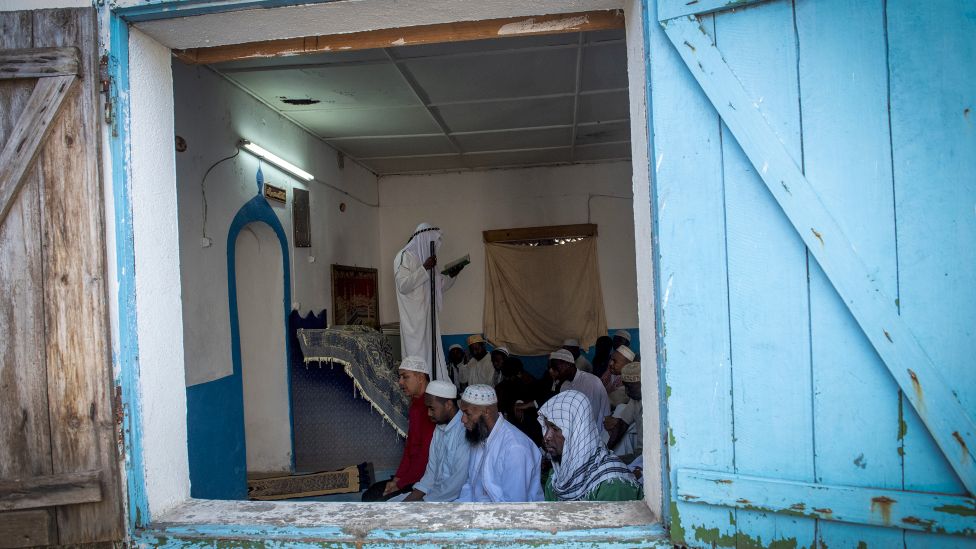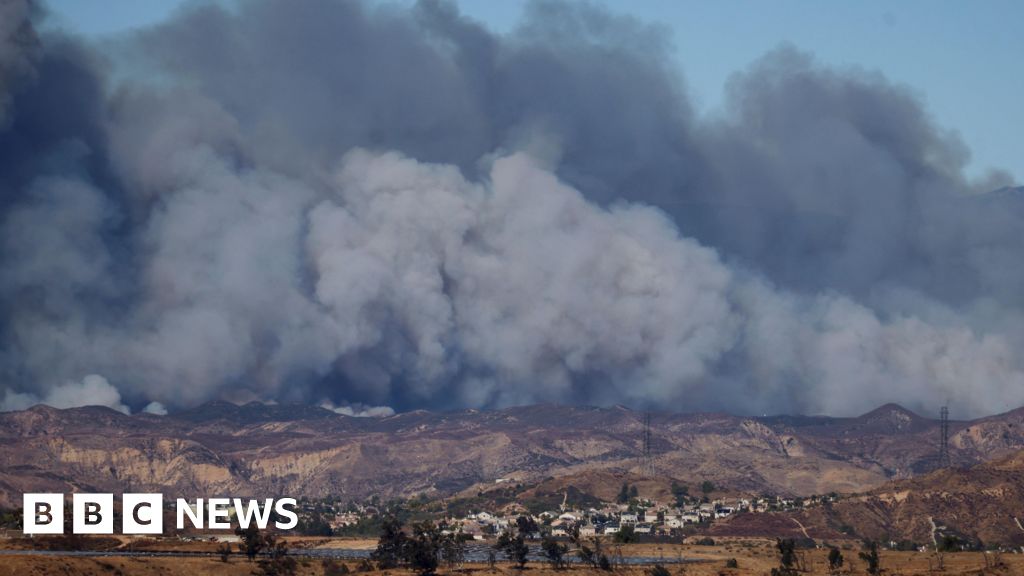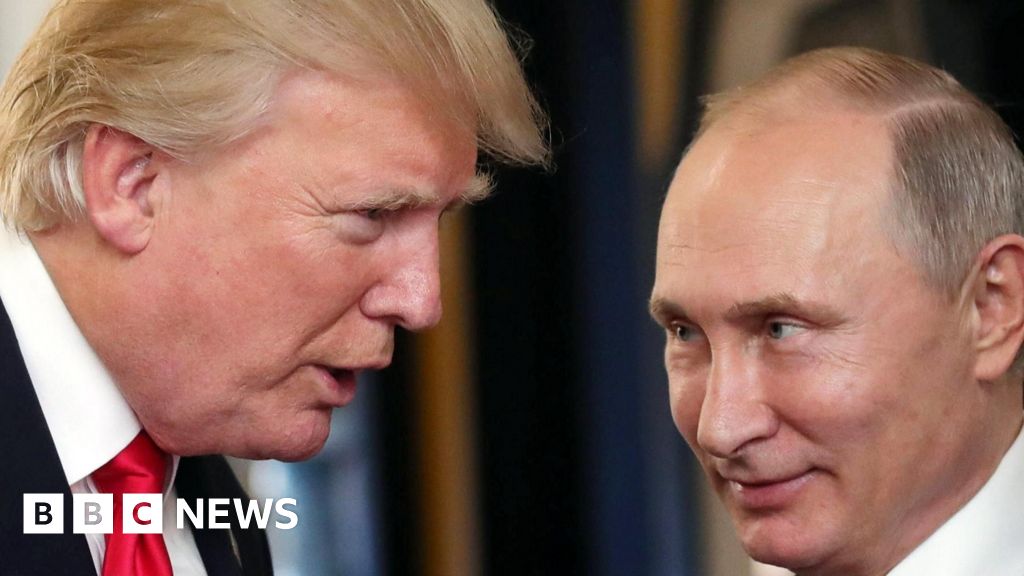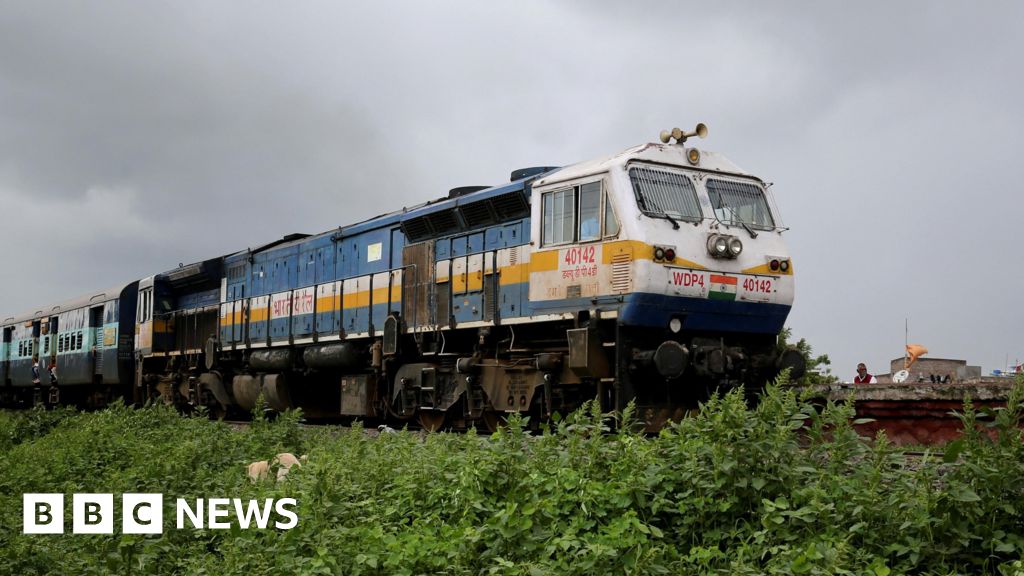ARTICLE AD BOX
 Image source, BBC/Shiraaz Mohamed
Image source, BBC/Shiraaz Mohamed
Muslims around the world are celebrating Eid al-Adha, which means Festival of the Sacrifice. It often involves sacrificing an animal to commemorate the time the Prophet Ibrahim is believed to have passed a remarkable test of faith.
He was ordered by Allah to sacrifice his son - and as he was about to do so, the boy was exchanged for a ram.
South African photographer Shiraaz Mohamed was in Madagascar a few years ago during Eid al-Adha. He captured how a small Muslim community on the Indian Ocean island celebrated one of the most important holidays in Islam.
It was not my intention to do a story based on Eid when I found myself in Fort Dauphin waiting to travel on to the capital.
The day before the festival I wanted to find a place to perform my Eid prayers, and drove around the southern coastal tourist town looking for a mosque, discovering a small one with a sign on the door advertising the five daily prayer times.
Image source, BBC/Shiraaz Mohamed
When I got out to investigate, someone was quick to say hello and make a phone call to the imam, Isoffa Mouhidine Tovo, who within minutes came to welcome me.
I was overwhelmed by the hospitality of those around me.
An old man sat outside his small home watching children play. He eventually went inside where he was later seen reading the Quran. Little children, curious to see who this stranger was, stared at me. Some were shy and giggled.
Image source, BBC/Shiraaz Mohamed
I asked permission to take a few photographs and started clicking away.
There was an air of expectation, it being the day before Eid, which falls on the anniversary of the day the Prophet Muhammad gave his farewell sermon on Mount Arafat near Mecca towards the end of his life.
Image source, BBC/Shiraaz Mohamed
Imam Tovo said that the prophet fasted on this day, known as the Day of Arafat, and Muslims in Fort Dauphin keep with the tradition.
Muslims are also encouraged to seek repentance, which the imam said would allow their sins over the last year to be erased.
Image source, BBC/Shiraaz Mohamed
Almost everyone I met in the mainly Muslim seaside district was observing a fast, including some of the older children.
But the smell of food was everywhere. In the various small houses people were busy cooking for the big day ahead.
This included sweet dumplings being deep-fried by this family.
Image source, BBC/Shiraaz Mohamed
Many of the children were also helping out with the preparations.
Dishes were being cooked over coal fires - this girl carried a sack of coal to be used by her family.
Image source, BBC/Shiraaz Mohamed
On the day of Eid, just after sunrise, the small mosque filled with worshippers. According to Imam Tovo, he has about 450 people in his congregation. He says the total Muslim population of Fort Dauphin is around 1,000.
Local estimates put the Muslim population of the whole island at between 15% and 25% - mainly living in coastal areas.
"In Madagascar we do not have problems in religion. We all live in peace," the imam told me.
After the Eid prayer, worshippers gathered outside on the street, dressed in their best outfits - greeting each other.
Image source, BBC/Shiraaz Mohamed
The streets looked amazing, filled with an array of different colours.
It was then time to prepare the animals for slaughter.
Madagascar is known for its zebu - the horned, humped cattle are seen all over the island and are a symbol of wealth, though many died in last year's drought.
Image source, BBC/Shiraaz Mohamed
The men shepherded some zebu, goats and sheep down the street to an empty piece of land with breath-taking views of the ocean.
This is where the sacrifice would take place.
Image source, BBC/Shiraaz Mohamed
I stood fascinated, wondering how they were going to drop such huge animals to the ground.
Then it all made sense as I watched the men take a piece of rope and tie it around the horns of the zebu while another was tied around one of its hooves.
Men tugged on the ropes while another pulled on the animal's tail, immobilising it. Once it was on the ground, its neck was held down before it was slaughtered.
Image source, BBC/Shiraaz Mohamed
The price of a zebu currently varies from between $285 (£240) and $305 (£255) - and sheep and goats each cost between $30 and $40.
When I caught up with Imam Tovo by phone this week, he said the community had been affected by the drought - some young children had died of malnutrition - and many could not afford to buy their own animals for Eid.
Like elsewhere in the world, they have also been hit by price increases for basic necessities, and unemployment.
But he said that as is traditional at this time of the year, some animals are sponsored so the meat can be shared in the community.
"Meat is shared amongst the poor and the Muslim community. Even if there is no meat we thank Allah, poor or not," the imam said.
Image source, BBC/Shiraaz Mohamed
During my visit I had to leave after witnessing the sacrifice of two zebu. The imam said the rest of the day would be filled with visits to friends and relatives.
"Sometimes we organise Quran competitions for the young people," he added.
Food is a huge part of the day and common Malagasy dishes include rice mixed with meat and vegetables, various bread and sweet dishes called "godrogodro" - a coconut vanilla spice cake.
Another specialty is the samosa - known locally as a "samboza" - small triangular pastries filled with beef or vegetables.
Image source, BBC/Shiraaz Mohamed
More galleries by Shiraaz Mohamed:
All photographs subject to copyright

 2 years ago
24
2 years ago
24








 English (US) ·
English (US) ·